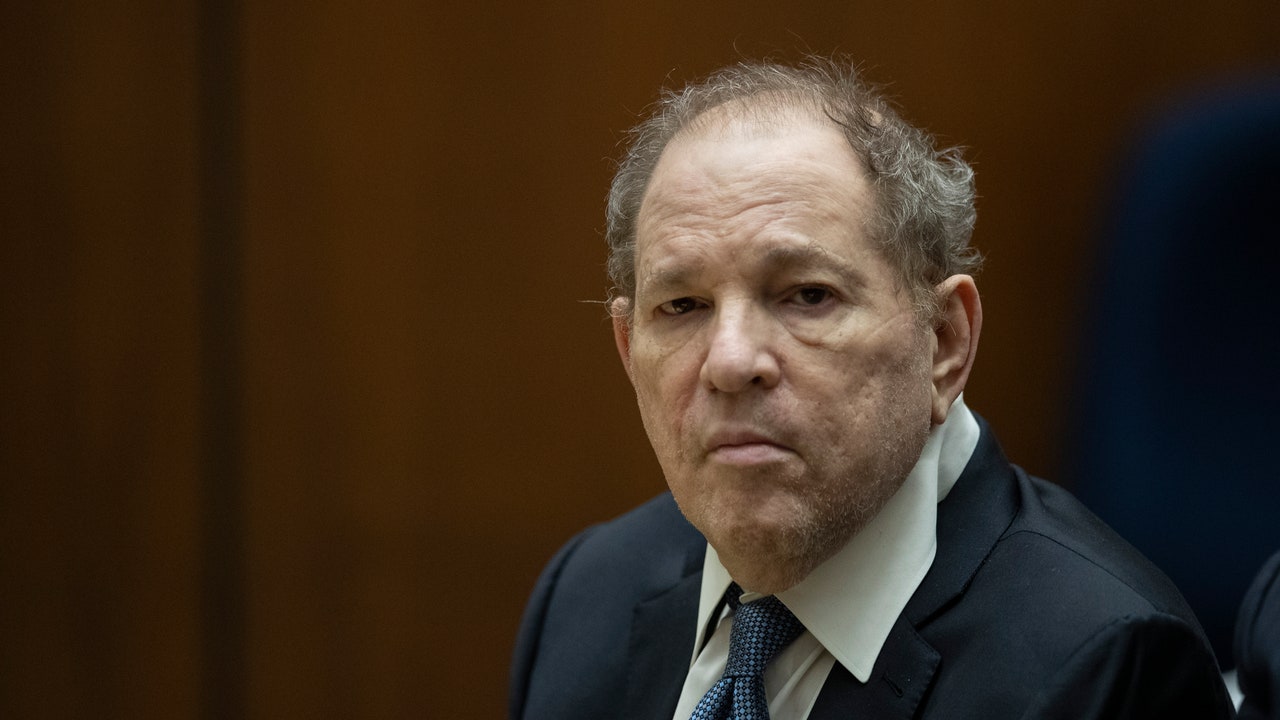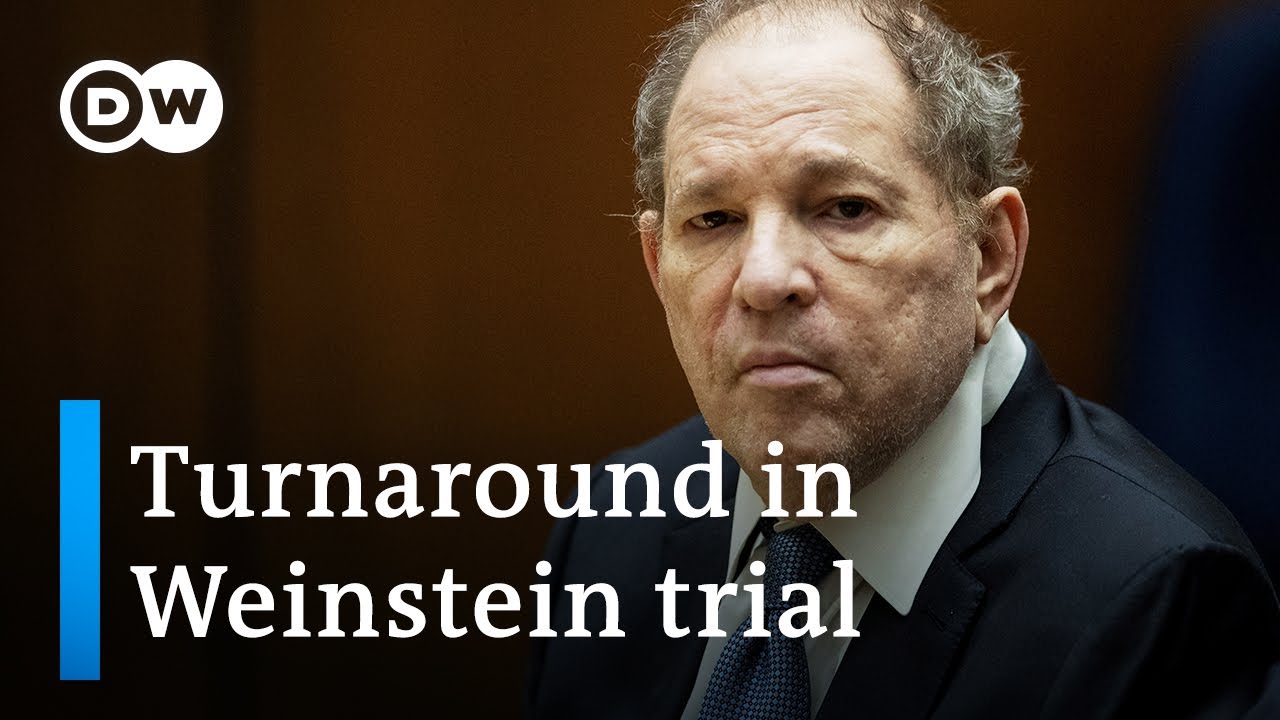
Overturned meaning – The concept of “overturned” holds immense significance across various disciplines, inviting us to delve into its multifaceted meanings, legal implications, and profound impact on society, politics, and human thought.
Overturning a verdict, ruling, law, or societal norm often triggers a chain of events that reshape the very fabric of our world, prompting us to question the nature of truth, justice, and the limits of human knowledge.
Meaning of “Overturned”

The term “overturned” refers to the act of reversing or annulling a previous decision, ruling, or outcome. It signifies a change in the established status quo, often resulting in a different or opposing conclusion.
The term can be applied in various contexts, including legal, political, social, and cultural settings. In a legal context, it typically refers to the reversal of a verdict or ruling by a higher court or authority.
Legal Implications
Overturning a legal decision can have significant consequences. It may result in the release of a convicted individual, the nullification of a law, or the alteration of a legal precedent.
The process of appealing an overturned decision involves filing a motion with the appropriate court or authority. The appellant must present arguments and evidence to support their claim that the original decision was incorrect or unjust.
Political Significance, Overturned meaning
In the political realm, overturning a law or policy can have far-reaching implications. It can signal a shift in political power or a change in societal values.
Significant political overturns include the overturning of the U.S. Supreme Court’s decision in Roe v. Wade, which legalized abortion nationwide, and the overturning of the Soviet Union, which led to the dissolution of the communist bloc.
Social Impact
Overturning a societal norm or belief can have a profound impact on society. It can challenge established values, disrupt social structures, and trigger resistance or backlash.
Examples of significant social overturns include the overturning of the traditional gender roles, the acceptance of same-sex marriage, and the rise of social movements such as the #MeToo movement.
Historical Precedents
Throughout history, there have been numerous instances of overturned decisions or events. These overturns have often had a lasting impact on society and the course of history.
Some notable historical overturns include the overturning of the verdict in the Dreyfus affair, which exonerated a Jewish army officer falsely accused of treason, and the overturning of the decision to invade Iraq in 2003.
Ethical Considerations
Overturning a decision that was previously considered just or fair raises ethical concerns. It can undermine the principles of due process and the rule of law.
It is essential to consider the potential for unintended consequences and the importance of ensuring that any overturned decision is based on sound legal, political, or ethical grounds.
Cultural Perspectives
Different cultures view and interpret the concept of “overturned” in distinct ways. Cultural norms and values shape these interpretations and influence the significance and impact of overturning decisions.
In some cultures, overturning a decision may be seen as a sign of weakness or instability, while in others it may be viewed as a necessary step towards progress and justice.
Philosophical Implications
The concept of “overturned” raises profound philosophical questions about the nature of truth, justice, and the limits of human knowledge.
It challenges the notion that decisions are final and immutable and suggests that our understanding of the world is constantly evolving and subject to change.
End of Discussion

Through an in-depth exploration of overturned meaning, we gain a deeper understanding of the complexities of human nature, the fragility of established systems, and the indomitable spirit of resilience that drives us to challenge and reshape the world around us.
FAQ Overview: Overturned Meaning
What is the significance of overturning a legal verdict?
Overturning a legal verdict can have profound implications for the justice system, potentially correcting miscarriages of justice, setting precedents, and influencing future legal decisions.
How does overturning a law or policy impact society?
Overturning a law or policy can trigger social change, alter power dynamics, and reshape societal norms, often leading to both positive and negative consequences.





